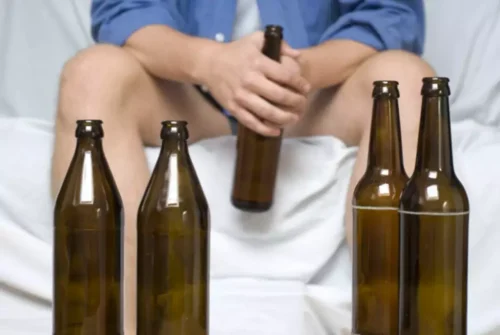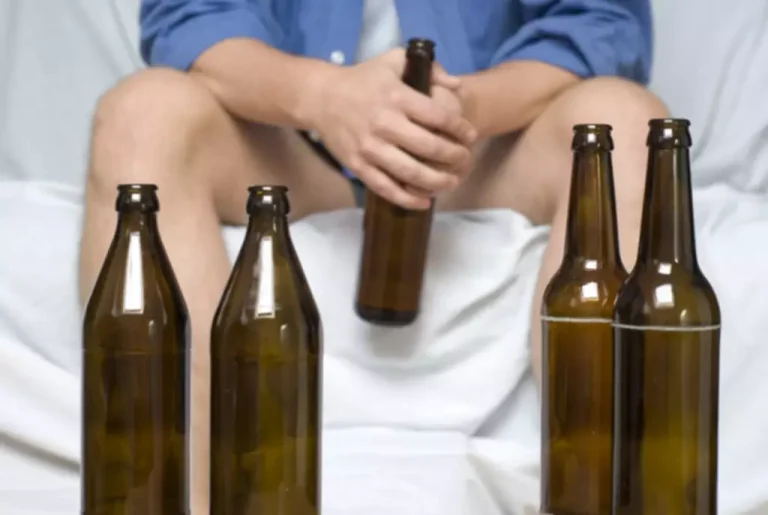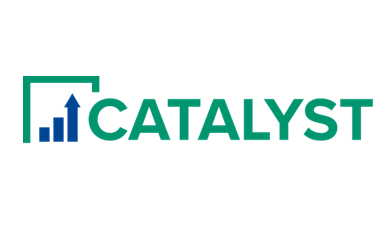
A relapse prevention plan is essential for recognizing warning signs and ensuring sobriety. With the guidance of experienced professionals, these plans offer strategies for behavioral change. A support system of friends and family also plays a critical role in relapse recognition and relapse prevention. Medication-assisted treatment (MAT) is very effective for certain substances such as opioid drugs and alcohol. If a person has experienced a relapse, they should talk to their health care providers about taking medications such as methadone, naltrexone, or disulfiram to reduce cravings.
- She has volunteered in African and Asian nations caring for and supporting displaced, vulnerable, and underserved populations.
- As you progress through your recovery journey, your support network may evolve and change.
- This approach strengthens recovery for substance use disorders, behavioral addictions, mental health concerns, and other conditions.
- Staying sober is an ongoing journey and the risk of relapse is always present, which is why it’s important to have a solid plan in place to prevent it from happening.
- Individuals in recovery should identify their own unique risk factors and develop a plan to manage them.
Can Relapse Prevention Techniques Be Used For All Types Of Addiction?
Sometimes, stressful events can trigger a relapse, particularly if the addictive substance or behavior was used to cope with stress. But happy events can also trigger a relapse, especially if others celebrate with alcohol. In order to understand how to prevent relapse, it is essential to first understand the relapse process itself. Relapse isn’t a sudden event; it is a process that occurs over a period of time which can range from weeks to even months. You can also learn new skills or hobbies to occupy your time, build self-esteem, and provide a sense of accomplishment. These new activities can serve as positive outlets for stress and boredom.

The Role of Treatment in Relapse Prevention

This response can be a good indicator of whether the individual will relapse. It’s important to recognize that addiction is a chronic disease that requires ongoing management and dedication. Staying committed to sobriety means making a conscious effort to prioritize one’s recovery journey after addiction treatment. Types of coping skills can include distraction techniques, such as going for a walk or listening to music, as well as relaxation techniques, such as deep breathing or meditation.
- At 12 South Recovery, we’re committed to empowering individuals on their journey to lasting sobriety.
- Mindfulness-based relapse prevention techniques promote self-awareness and help individuals to accept cravings rather than battling them.
- A person may find it helps to remember the negative emotions or physical sensations they felt when using drugs or alcohol.
- They provide emotional support, practical assistance, and accountability, helping individuals stay motivated and connected to their recovery goals.
- Understanding the distinct stages of relapse is crucial for individuals and their loved ones to recognize the warning signs and take action to prevent it from occurring.
- You can keep a daily planner and include time slots for activities that support your recovery, such as therapy sessions, support group meetings, or time with friends and family.
Mindfulness-Based Relapse Prevention (MBRP)

Actively engaging in self-help groups can offer numerous benefits for individuals with substance use disorders. The support and camaraderie found in these groups can be invaluable in maintaining long-term recovery. Staying aware of both internal and external triggers is a crucial element of relapse prevention.

By learning to recognize and avoid or cope with triggers, individuals can reduce the risk of relapse and maintain their sobriety. It’s important to remember that triggers can vary from person to person, so it’s essential to identify and address your own specific triggers as part of your relapse prevention plan. Building a successful relapse prevention plan takes some time and effort. With careful planning, this can be done in the earliest stages of sobriety. This section outlines 10 essential steps to form a comprehensive approach to preventing relapse. By integrating these steps into your daily life, you can build resilience, stay focused on your recovery goals and what is relapse, and give 3 skills for preventing it from happening. effectively navigate challenges without reverting to substance use.
Join a Support Group
My role is to spread the word about High Watch’s excellence in the field. My team and I partner with healthcare providers to get their patients into High Watch where we know they will receive best in class https://ecosoberhouse.com/ care. Tami-Jo has worked in the behavioral health field and with individuals in crisis in residential and outpatient settings. Currently, she is the VP of Clinical Services at High Watch Recovery Center in Kent, CT. Our Addiction Medicine Fellowship Program is located in Kent, Connecticut, and is a community-based fellowship program looking to recruit two residency graduates.
